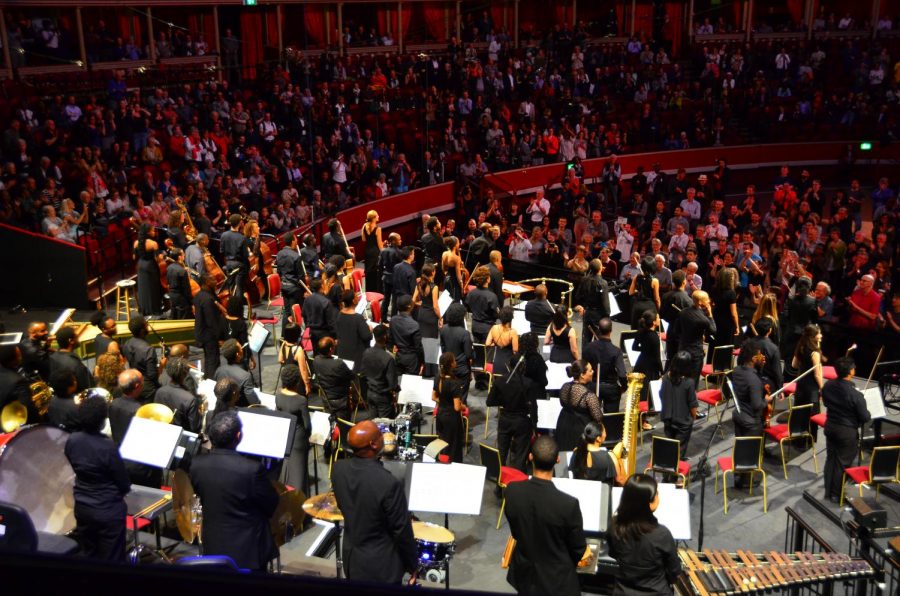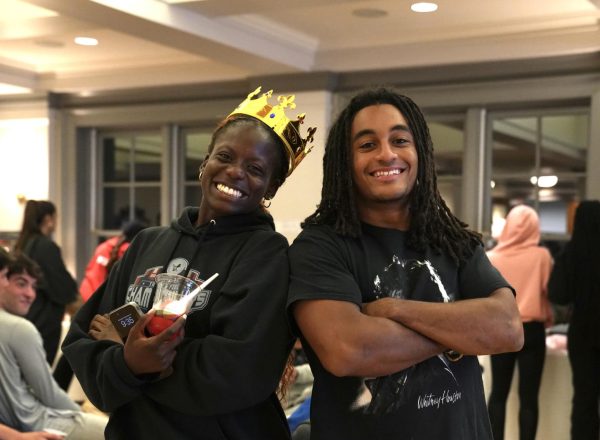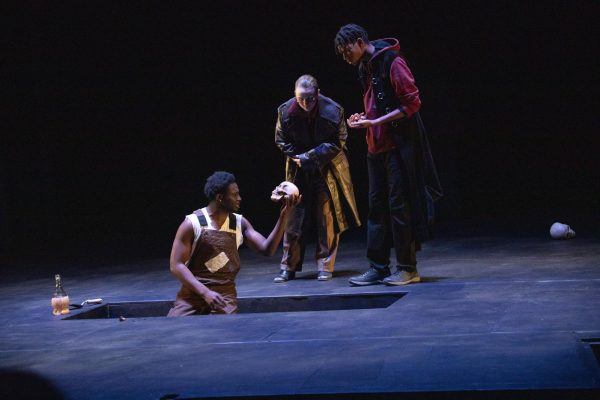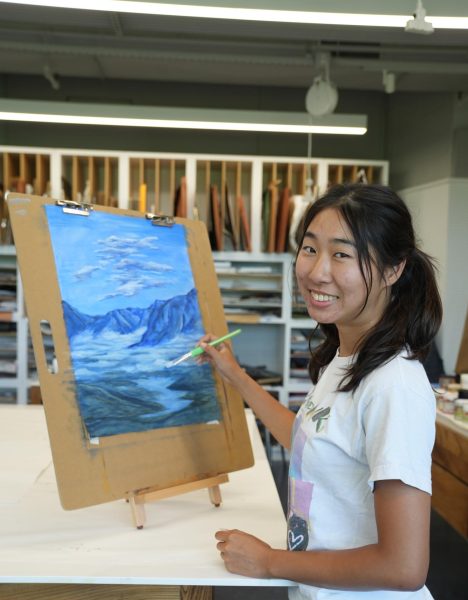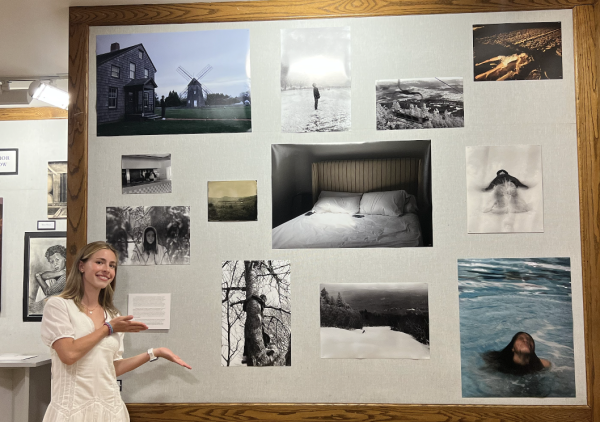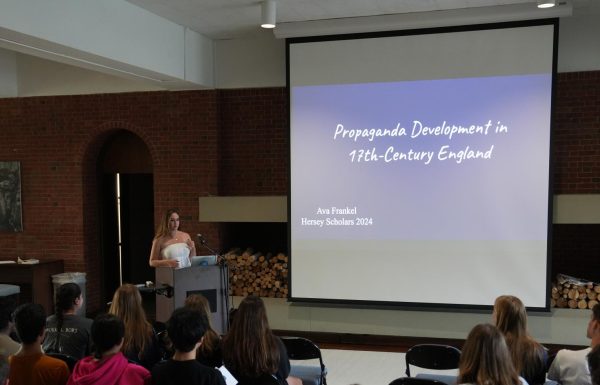Reviving Classical Music
Chineke! Orchestra is a professional orchestra made up of black and minority ethnic musicians that provides career opportunities for musicians of underrepresented ethnicity.
In the past century, the classical music industry has seen a rapid decline in its popularity. Diminishing demands for concerts have caused many orchestras around the world to file for bankruptcy, like the Philadelphia Orchestra among many others. Today, orchestras rely heavily on individual and institutional philanthropy. The industry has also been unsuccessful in attracting the younger generation, with a mere 7% of the audiences being under 31, according to a study done by the Audience Agency.
The reason behind their struggle to regain its relevance in the modern world can be attributed to certain stigmas associated with classical music, as well as its diversity.
There is a perception that classical music is a stale, serious form of art that appeals solely to the older generations. Specific cultures and manners that exist in the classical music world, such as wearing formal dress to a concert or not applauding between movements give a false notion that classical music is “elitist.” These preconceptions play a great role in shunning away new audiences.
Moreover, the demographic of musicians involved in classical music lacks diversity, with the majority being White or Asian. In the 2015 International Chopin Piano Competition, one of the most prestigious piano competitions in the world, out of 84 competitors, none represented a country from Africa or South America.
In response, some musicians are attempting to reach out to a wider range of audiences through the use of online platforms. TwoSetViolin, a comedy duo of two Australian violinists, Brett Yang and Eddy Chen, seeks to introduce classical music through lighthearted videos and comedy acts on YouTube. With more than 2 million subscribers on YouTube, they have had great success in attracting both musicians and non musicians. Prominent soloists such as Ray Chen and Tiffany Poon, along with their performances, work as video creators to bridge the gap between the people and classical music. Their media presence has contributed to expanding the classical music community.
Moreover, Chi-chi Nwanok, a double bass player of African descent and a professor at the Royal Academy of Music, founded the Chineke! Orchestra, a professional orchestra made up of black and minority ethnic musicians. This orchestra intends to provide career opportunities for musicians of underrepresented ethnicity. They also work to introduce leading composers of African descent such as Hannah Kendel and Roderick Williams.
While these individual efforts have certainly done progress towards diversifying and destigmatizing classical music, the need for rebranding still exists. In order to revive classical music, the industry must work to reform its current state.
While these individual efforts have certainly made progress towards diversifying and destigmatizing classical music, the music industry as a whole must work to address its problems. This can take the form of an outreach program to support classical music education for those who may not be able to afford it, or highlighting a wide range of artists and composers.
If classical music stays as the “ancient music for limited people” and chooses to stay stagnant, it will inevitably continue to face regression. In order to revive classical music, the industry must work to reform its current state.

